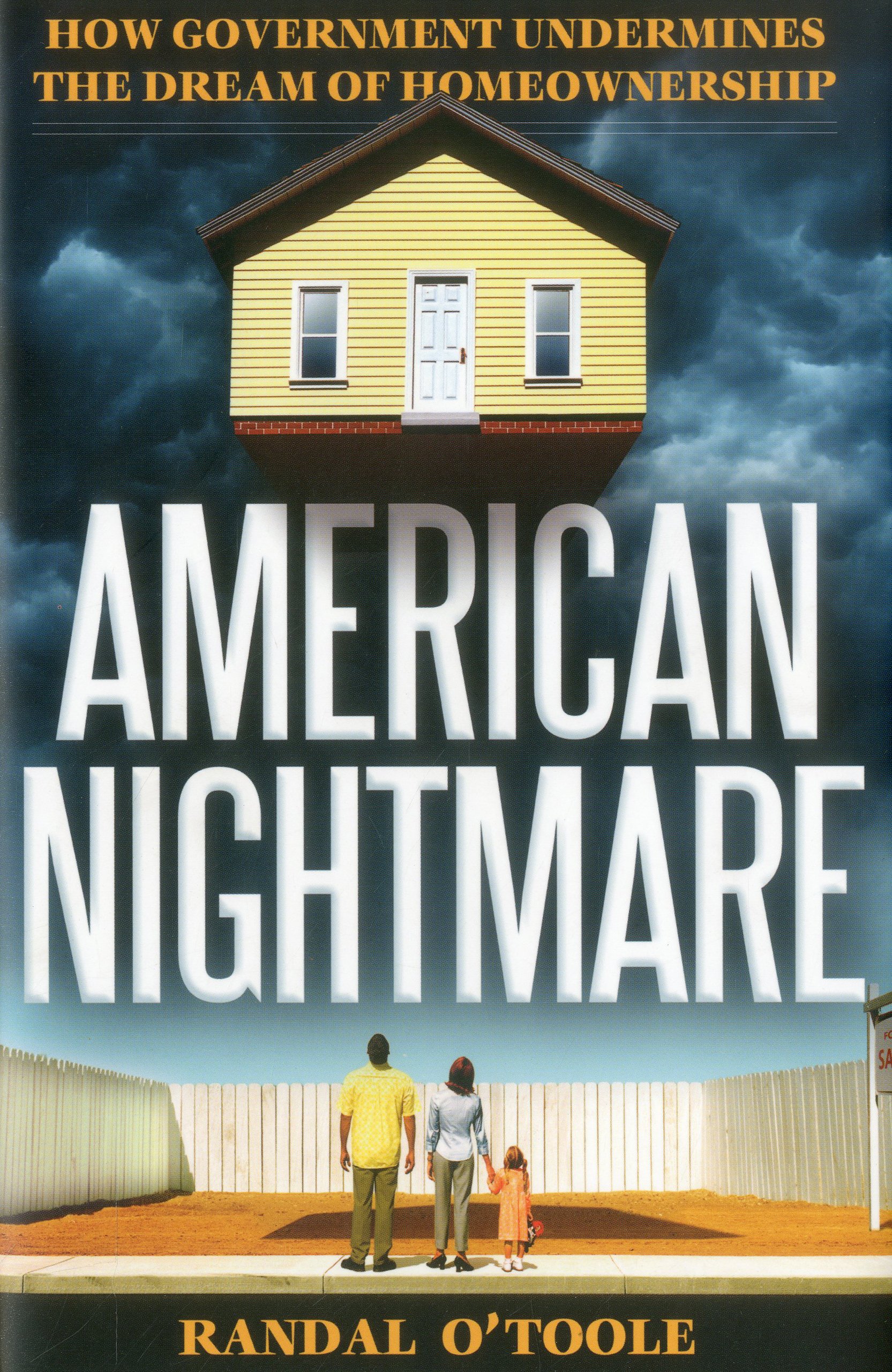Found in 2 comments on Hacker News
yonran · 2018-08-30
· Original
thread
Rather than blaming the company Airbnb for a city’s ills, it may be more helpful to examine why it has popular support in the first place, while family-only zoning is declining in popularity. Short-term rentals in residences were already illegal in San Francisco and New York; they were legalized to allow Airbnb because short-term rentals have popular support from voters. Single-family zoning was designed 100 years ago to create neighborhoods of families who were protected from the nuisances of the lower-class apartment “parasite”s (Euclid v. Ambler) and lower-class houses that were used to raise chickens and take on boarders (https://www.citylab.com/equity/2013/07/it-time-bring-back-bo... or https://www.amazon.com/American-Nightmare-Government-Undermi...). I think exclusionary zoning has been so extreme in some cities that it is beginning to lose its support among the middle class, for whom it is now more necessary to use their property as a business rather than only as consumption.
Edit: Related point: In some places, it is ingrained in our culture since the 1970s that housing should be a good investment. Low property taxes (Proposition 13) and zoning restrictions are designed to increase the private gains to this investment (https://www.amazon.com/Homevoter-Hypothesis-Influence-Govern...). A small change of use to short-term rentals is perhaps the next incremental step for house investors. It sucks for people who want to use housing as only a peaceful consumption good, but in my opinion that ship sailed a long time ago in Closed-Access cities.


Zoning exists to separate industry from residential and also to separate middle-class households (people who can afford to use their home only for consumption, whose only animals are pets and whose only crop is grass) from the working-class (people who made income on their home by taking in boarders, growing chickens, doing home businesses, etc.) Middle-class zoning banned these working-class activities (see https://www.amazon.com/American-Nightmare-Government-Undermi...). I think it’s really tricky to separate who is harming whom in the modern day when houses are seen as an investment and there is insufficient zoning for working-class people, and where the norms of what a house is for may be changing.